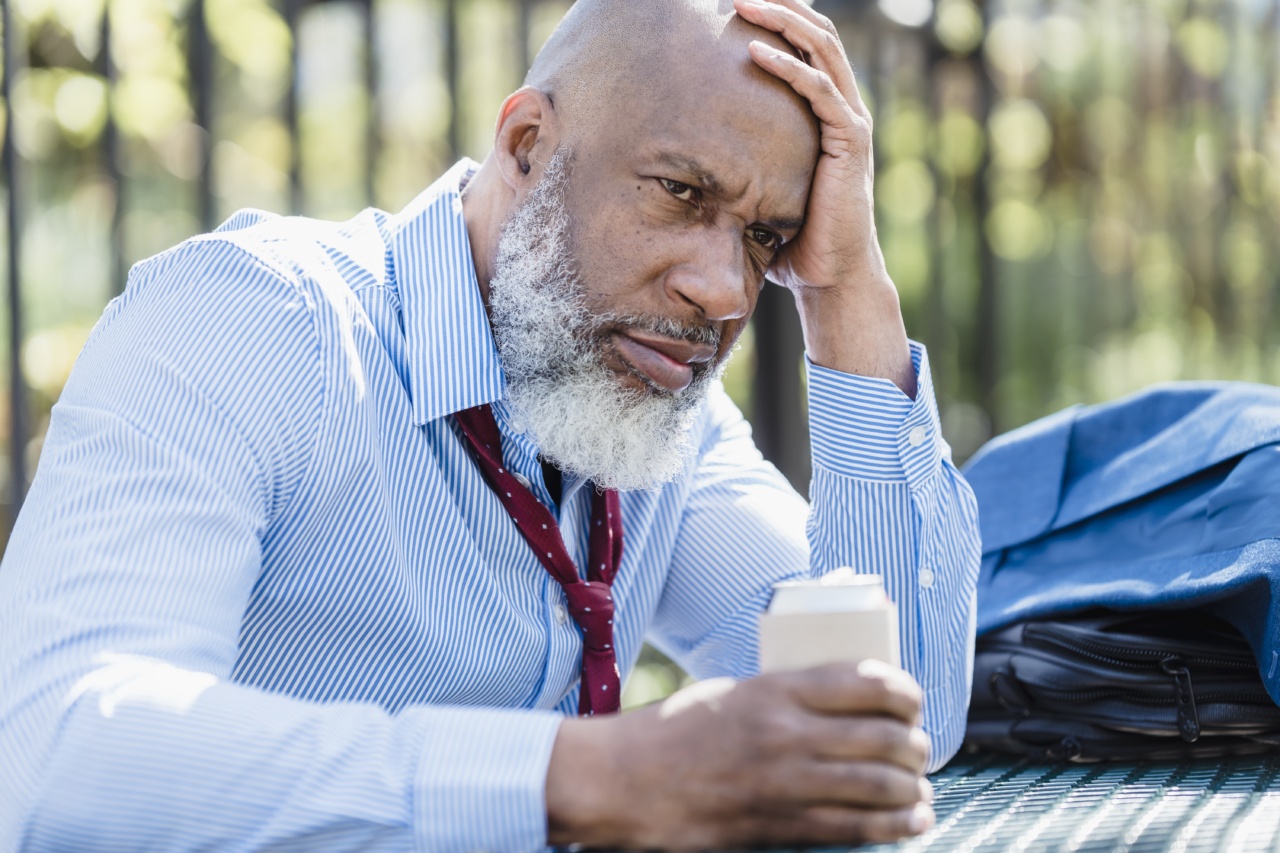Self-esteem plays a crucial role in a person’s mental health and well-being. A high self-esteem helps a person feel more confident, happy, and in control of their lives.
On the other hand, low self-esteem can lead to feelings of worthlessness, depression, and anxiety. With the rise of social media, the impact of negative posts on a person’s self-esteem has become a significant concern.
What is Self-Esteem?
Self-esteem is the value or worth that a person places on themselves. It is the way a person perceives their abilities, attitudes, and achievements, which can either be positive or negative.
A high self-esteem promotes a positive outlook in life and enables individuals to cope with challenges and setbacks. On the contrary, low self-esteem can lead to negative self-talk and a lack of motivation, among other mental health concerns.
The Effects of Negative Posts on Self-Esteem
A negative post can be any message, comment, or photo that is hurtful or demeaning to others. Such posts can have a significant impact on a person’s self-esteem, leading to feelings of insecurity, shame, and isolation.
Negative posts can take the form of bullying, body shaming, and public humiliation, among others. Social media has amplified the effects of negative posts, given the vast audience that can view and share such posts.
Research shows that social media can have a profound effect on a person’s self-esteem.
A study by the Pew Research Center found that 59% of American adults who use social media believe that social media has increased their awareness of others, which has made them feel more inadequate. This highlights the emotional impact that social media can have on a person’s self-esteem.
The Role of Cyberbullying in Low Self-Esteem
Cyberbullying occurs when someone uses electronic media to harass, intimidate, or embarrass others. This can lead to a detrimental effect on the victim’s self-esteem, causing feelings of powerlessness and shame.
Victims of cyberbullying may also experience anxiety, depression or other mental health concerns. It is essential to note that negative posts do not have to be intended as cyberbullying to have a negative impact on a person’s self-esteem. Comments that are careless, insensitive, or hurtful can have similar effects.
Self-Esteem and Body Shaming
Body shaming is the act of ridiculing someone because of their weight, appearance, or physical abilities. Negative posts focused on body shaming can lead to body dissatisfaction, which can result in eating disorders, depression, and low self-esteem.
Social media sites such as Instagram and Facebook can be particularly harmful to young teenage girls who are more likely to compare themselves to others and to be dissatisfied with their bodies.
Managing Negative Posts and Self-Esteem
It is essential to recognize the potential impact of negative posts on a person’s self-esteem. Here are some ways to cope with negative posts:.
- Consider limiting social media use: Social media can contribute to feelings of inadequacy and low self-esteem. Consider reducing the amount of time spent scrolling through social media or unfollowing accounts that make you feel negative.
- Build a positive self-image: Practicing self-care and positive self-talk can help build self-esteem and improve mental health. Developing a positive self-image can help immunize against the impact of negative posts.
- Report bullying: If you experience cyberbullying or negative posts, report them to the appropriate authorities or social media platforms. Blocking negative accounts can also help reduce exposure to negative posts.
- Reach out for help: If negative posts are causing significant distress or impacting your mental health, reach out to a trusted friend or professional for support. A mental health professional can help develop coping strategies and improve mental resilience.
Conclusion
Negative posts can have a significant impact on a person’s self-esteem, leading to feelings of insecurity, shame, and isolation. Cyberbullying and body shaming are particularly harmful and can contribute to low self-esteem.
It is crucial to recognize the potential impact of negative posts and take appropriate steps to manage them. Practicing self-care, seeking professional support, and blocking negative accounts are some ways to build resilience and protect self-esteem.






























